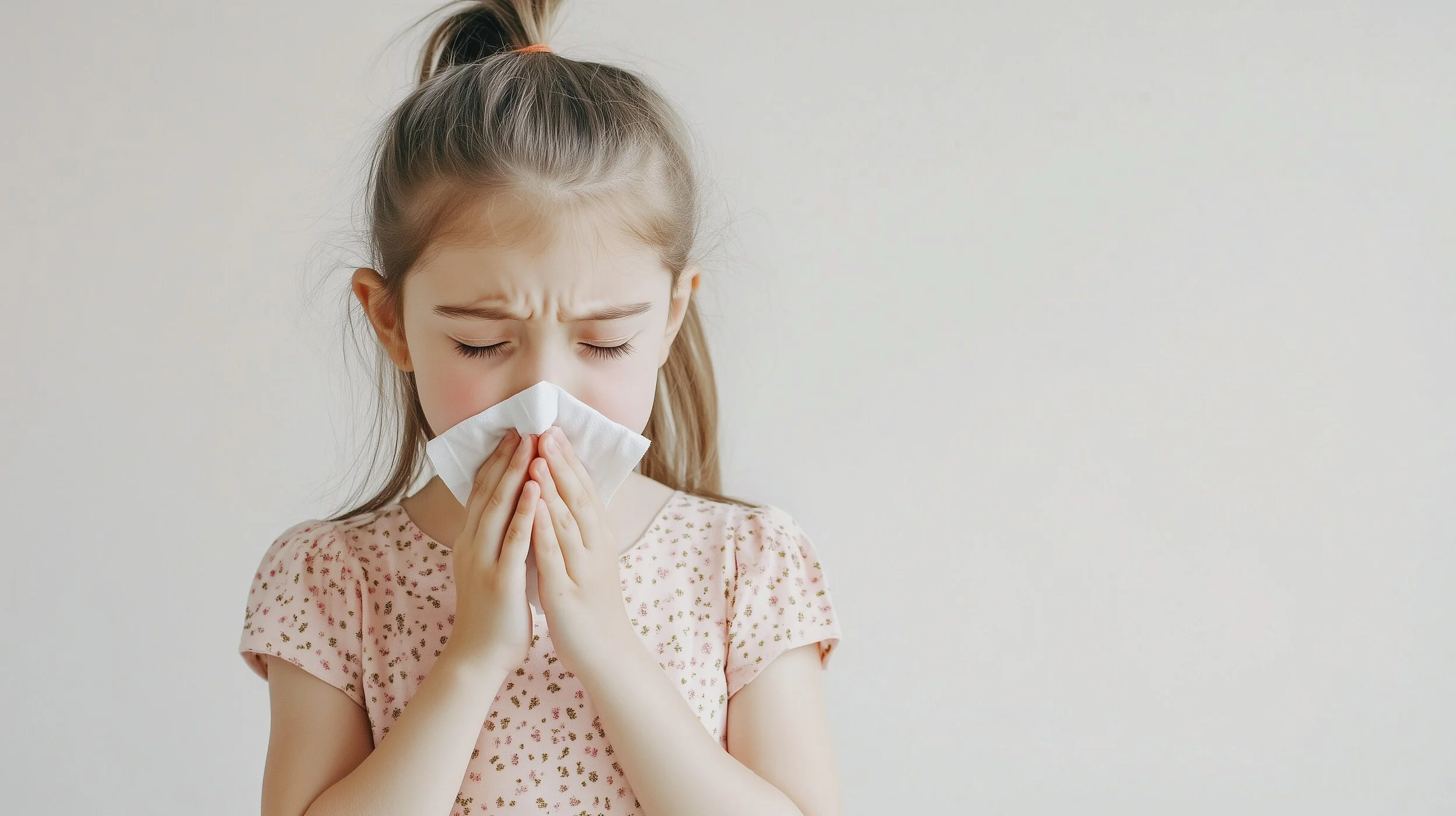Introducing A Local Clinic for Allergy Testing
Melbourne is often considered the allergy capital of the world, many local residents experience undiagnosed symptoms such as chronic rhino-sinusitis, asthma, and urticaria (hives). AllergyOne offers a safe, convenient, and expert-driven approach to testing, diagnosing and managing allergy symptoms. AllergyOne is led by a team of expert allergy Doctors specialising in the identification and treatment of a wide range of allergic conditions.
Testing is available for over 100 types of allergens.
Services
Consultation
Start with an initial consultation to discuss your allergy concerns. Go over the process of allergy testing and the treatments available.
Skin Testing
AllergyOne offers testing that allows for the identification of your body’s reactivity against a variety of environmental allergens. Allergy testing may be conducted through skin prick testing, patch testing, blood tests, or a combination of these.
Allergy Diagnosis
Go over the results with your Doctor, and understand any allergens you may have.
Desensitisation
Discuss your desensitisation options, which involves targeted desensitisation treatments to reduce your bodies response to these allergens.
AllergyOne is located at the Melbourne Specialty Centre, 277 Lygon Street Brunswick, (directly across the road from Inner North Medical Clinic).
Frequently Asked Questions
-
A standard consultation will take 20 mins. Allow another 20 minutes for the allergy testing.
-
Generally yes, skin prick testing is safe for pregnant individuals. Please discuss any concerns or any established allergies you may have in your consultation.
-
Skin prick testing is a method used to diagnose allergies by applying small drops of allergens (such as pollen, pet dander, or food proteins) onto the skin, usually on the forearm or back. A sterile needle or lancet is used to make tiny pricks through each drop, allowing the allergens to enter the outer layer of skin. After about 15-20 minutes, the skin is examined for reactions; if the person is allergic to a substance, a small raised bump surrounded by redness (will appear at that site. The size of this indicates the severity of the allergic reaction.
-
Your allergy treatment is assessed through your medical history, symptoms, and allergy test results. Based on your reactions to allergens, your doctor will recommend treatments such as medications, allergen avoidance, or immunotherapy, with regular check-ins to adjust the plan as needed.
-
Allergy desensitisation, also known as immunotherapy (allergy shots), typically involves a series of injections that gradually increase the amount of the allergen to help the immune system build tolerance. While the injections themselves may cause mild discomfort or a slight sting at the injection site, they are generally not considered painful. Some people may experience temporary redness, swelling, or itching at the site, but these side effects are usually mild and short-lived. Most individuals tolerate the treatment well, and any discomfort tends to lessen over time as the treatment progresses.
-
In some cases, allergies may return after allergy desensitisation treatment ends, although it is generally effective in providing long-term relief. Many people experience lasting benefits for years after completing treatment, especially if they continue to avoid allergens and maintain a healthy environment. However, in some cases, allergies can return or change over time, particularly if new allergens are encountered or if other environmental factors change. Regular follow-ups with your healthcare provider can help monitor any potential recurrence and adjust treatment if necessary.
Ready To Talk To Our Allergy Experts?
AllergyOne is located at Melbourne Specialty Centre, 277 Lygon Street Brunswick, (directly across the road from Inner North Medical Clinic).


